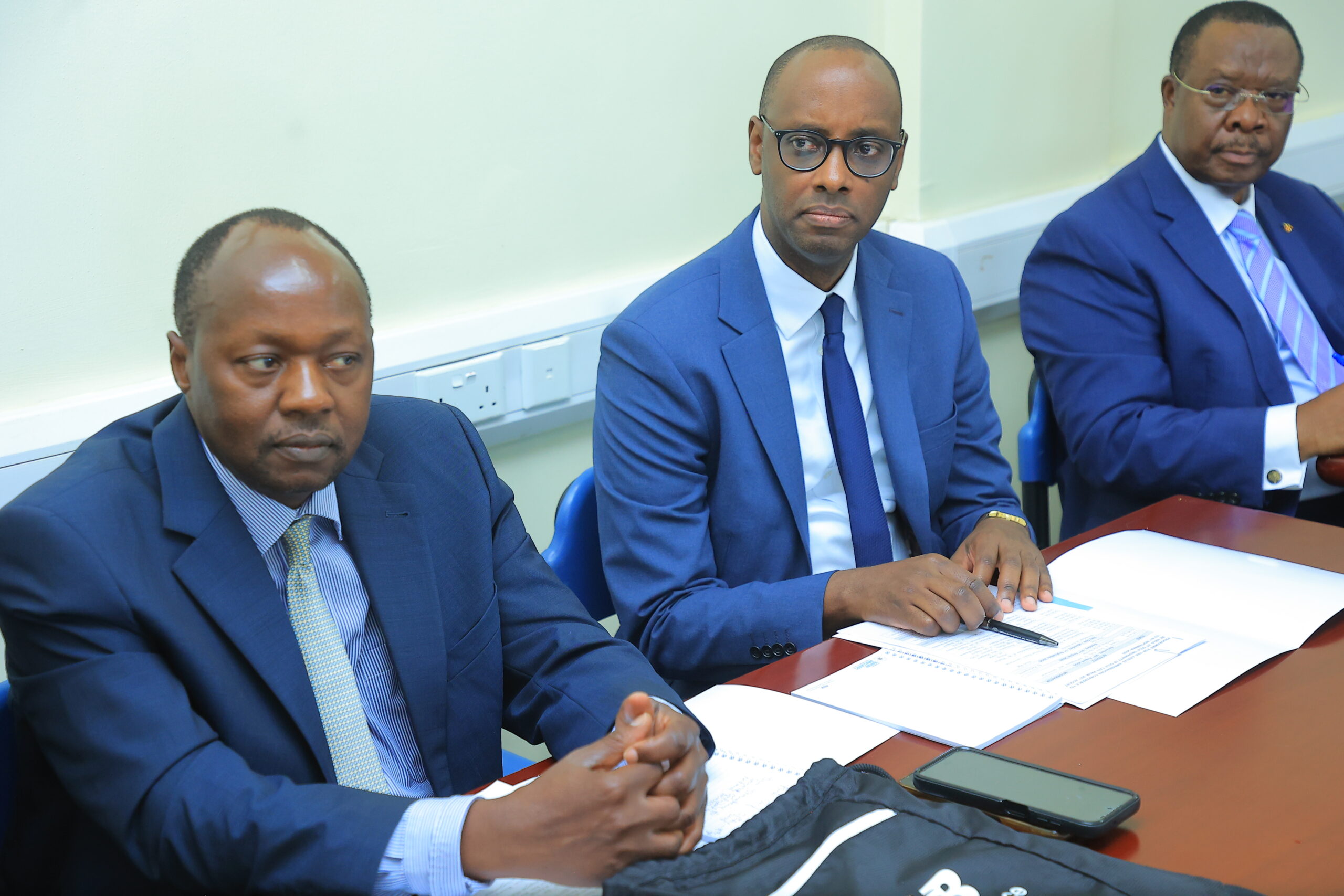Uganda is honored to host the 63rd session of the Asian-African Legal Consultative Organization (AALCO) from September 8 to 12, 2025, at the Speke Resort Munyonyo in Kampala. This high-profile summit will gather over 300 delegates, including justice ministers, attorneys general, legal scholars, and representatives from more than 47 member states across Asia and Africa. Hosting this event underscores Uganda’s rising prominence in international law and diplomacy and marks a significant milestone in strengthening Asian-African legal cooperation.
About AALCO and Its Mission
The Asian-African Legal Consultative Organization is a seasoned intergovernmental organization established in 1956, originating from the landmark 1955 Bandung Conference. AALCO serves as an advisory body offering consultancy on international law to its members and functions as a forum to exchange views on legal issues common to Asia and Africa. Its objectives include influencing global governance, trade law, human rights, international security, and diplomatic legal frameworks.
Organizational Structure and Membership
AALCO’s structure consists of four main organs:
| Organ | Role |
|---|---|
| Annual Session | Supreme decision-making assembly that convenes yearly in member states |
| Liaison Officers Meeting | Prepares and supports the Annual Session |
| Secretariat | Administers daily activities, headquartered in New Delhi |
| Regional Arbitration Centres | Facilitates dispute resolution and arbitration across Asia and Africa |
Significance of the Kampala Summit
The 63rd session marks Uganda’s tenure as Vice Chair and host, reflecting its growing leadership in fostering South-South cooperation in legal and diplomatic matters. The summit will tackle pressing contemporary issues such as:
-
International trade and economic regulations
-
Security and cross-border cooperation
-
Climate change law and environmental protection
-
Human rights enforcement
-
Strengthening mechanisms for international arbitration and dispute resolution
The event provides a unique platform for Uganda to highlight its legal advancements and forge stronger bilateral and multilateral ties across Asia and Africa.
Historical Context and Impact
AALCO was initially formed as the Asian Legal Consultative Committee and later expanded its scope to include African nations. Over the decades, the organization has evolved from an advisory committee to a permanent and influential intergovernmental body actively shaping international law on behalf of its members. Key achievements include launching integrated dispute settlement schemes and developing regional arbitration centers that support economic and commercial transactions across member states.
Outcomes Expected from the Summit
The Kampala summit is expected to:
-
Produce resolutions to guide the development of international law tailored to Asian-African realities
-
Enhance cooperation on legal matters of mutual concern, thus promoting stability and development
-
Expand Uganda’s diplomatic influence as a hub for international law and policy discourse
By hosting AALCO’s flagship event, Uganda positions itself as a pivotal player in advancing justice, peace, and sustainable development across the Global South.
Conclusion
Uganda’s hosting of the 63rd Asian-African Legal Consultative Organization session signifies a major leap in its role within international law and diplomacy. The summit will not only benefit Uganda as the host nation but will also reinforce Asian-African solidarity in addressing shared legal challenges. The event promises to leave a lasting legacy on international legal collaboration between the two continents.

